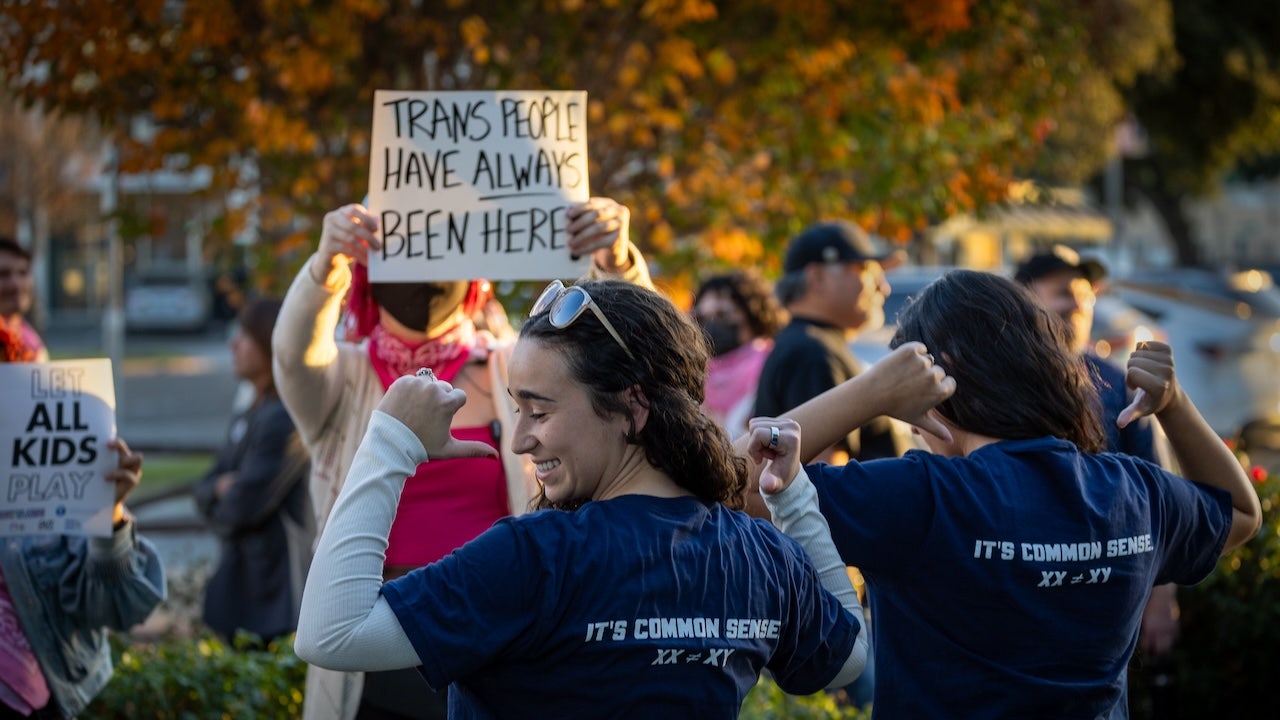Washington fails to pass amendments that would bar trans athletes from competing vs girls

Two proposals that aimed to restrict transgender athletes from participating in girls and women’s sports in Washington state were defeated in a Monday vote. The proposed amendments required a 60% majority to pass, with one proposal falling just short at 58.5% and the other receiving only 24.5% of the votes.
Washington state law already protects transgender individuals from discrimination under the Washington Law Against Discrimination (WLAD), so even if the proposals had passed, there would have been additional legal hurdles to overcome.
The Lynden school board put forth a proposal that would have limited girls sports participation to biological females and created an open category for boys’ sports. Superintendent David VanderYacht stated that the goal was to address concerns raised by female athletes who felt it was unfair to compete against individuals who had gone through male puberty.
The Trump administration recently took action against the state of Maine for not following an executive order that requires transgender athletes to compete according to their gender at birth. Funding to Maine was frozen, but a federal judge ruled that the administration must unfreeze the funds and follow proper procedures before making such decisions.
The USDA froze funding and launched a review of federal funding to Maine after the state failed to provide equal opportunities for women and girls in educational programs. Maine officials filed a lawsuit against the USDA, accusing them of withholding funds meant for feeding children in schools and disabled adults.
Senator Susan Collins of Maine called for a resolution to the issues between the administration and the state, emphasizing her support for federal funding while also expressing opposition to transgender athletes competing in biological female sports.
The Department of Education also initiated an investigation into the state over the matter, further highlighting the ongoing debate surrounding transgender athletes in sports.
In conclusion, the failure of the proposals in Washington state underscores the complex legal and societal issues surrounding transgender participation in sports. The debate continues to evolve, with various stakeholders expressing differing viewpoints on how to address these challenges.




